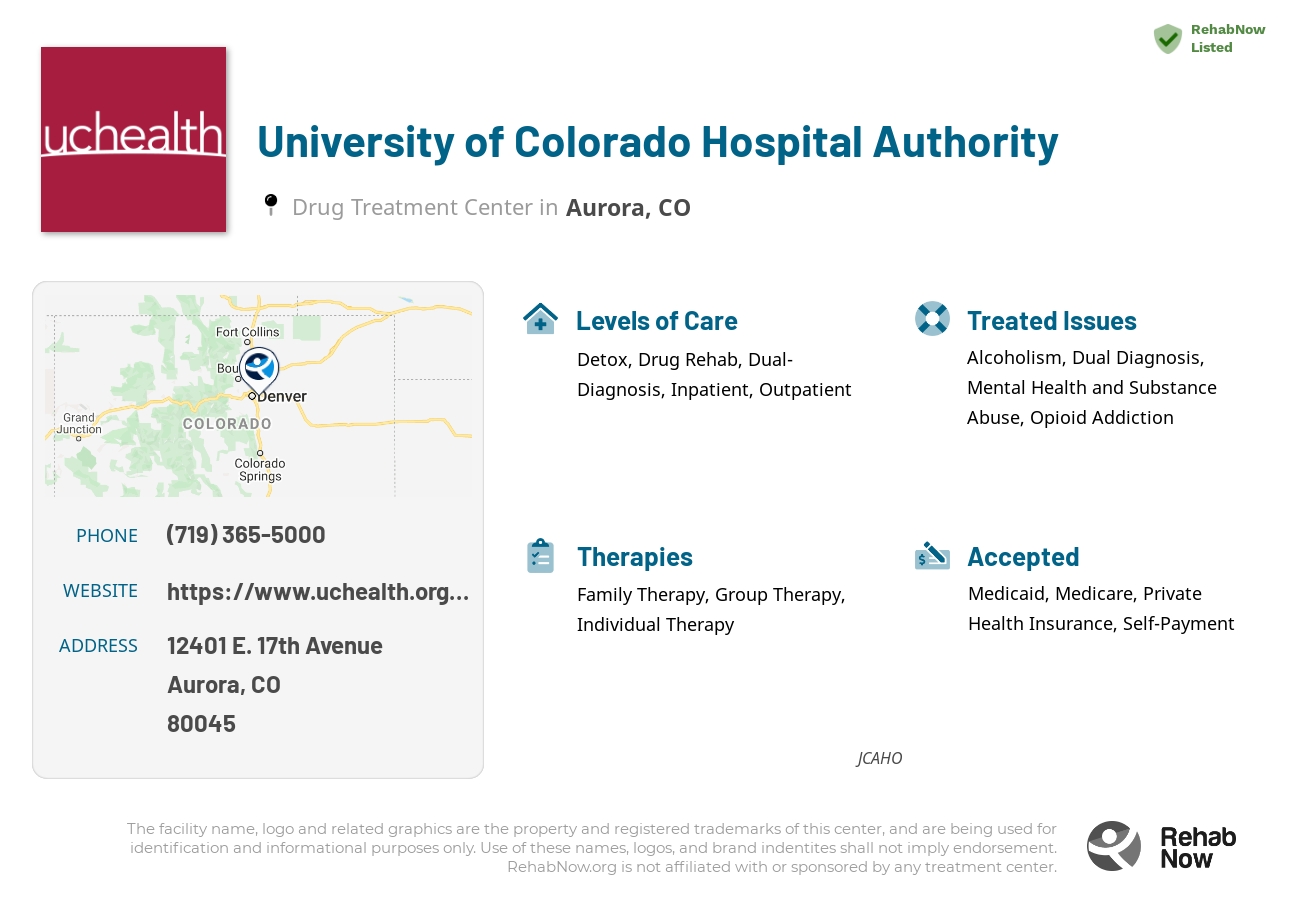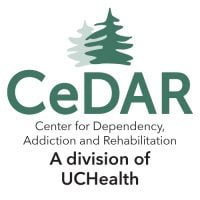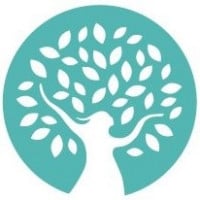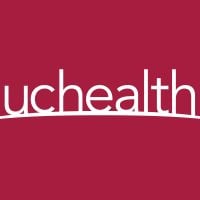
University of Colorado Hospital Authority
Drug Rehab Center in Aurora, Colorado
- Opioid Addiction
- Dual Diagnosis
- Drug Addiction
- Alcoholism
The University of Colorado Hospital Authority (UCH) provides comprehensive addiction and substance abuse services, including inpatient care, intensive outpatient care, residential treatment, and support services, in Aurora, Colorado.
About University of Colorado Hospital Authority in Colorado
The University of Colorado Hospital Authority (UCH) is a comprehensive health care facility dedicated to providing comprehensive, compassionate care for Aurora and the surrounding areas. Established in 2004, UCH is a joint venture between the University of Colorado and University of Colorado Health. With more than 500 medical professionals, the hospital provides a range of specialty and subspecialty services, including trauma services, cancer care, orthopedic surgery, dialysis, diagnostic imaging, cardiac care and a wide range of behavioral health services for addiction and substance abuse.
UCH provides comprehensive addiction and substance abuse services, from inpatient care to intensive outpatient care to residential treatment. The inpatient care aims to provide patients with the medical and psychological support they need to achieve sobriety. The intensive outpatient program helps those who may not require full-time inpatient care, while the residential treatment offers a safe environment in which to detoxify, learn coping strategies and address underlying issues. UCH also offers an array of support services, such as group and individual counseling and medication management, to assist with continued recovery and post-treatment follow-up.
UCH is accredited by the Joint Commission, a nationally recognized certifying body, and licensed by the Colorado Department of Human Services. They are also proud recipients of the American Hospital Association’s Quest for Quality Prize and have been recognized as a Top Performer in key quality measures by The Joint Commission. Additionally, UCH houses the Rocky Mountain Addiction Technologies Institute which offers one-day seminars to educate professionals and community members on the latest research, treatment, and best practices for addiction.
Genders
Ages
Modality
Additional
Accreditations

JCAHO
Conditions and Issues Treated
Opioid addiction is a common form of addiction, often caused by prescription drugs that are abused. Addiction is treated by detoxifying the body and following up with therapies to correct behavior and target the root of the problem.
Most opioid addiction begins with patients being prescribed painkillers after an injury or surgery. The body becomes used to the chemicals in these medications and soon no longer responds to their presence. As a result, addicts seek out stronger opiate-based medications like Oxycodone to compensate for the lack of effectiveness.
The most dangerous aspect is that these addictive behaviors often get carried over onto illicit drugs like heroin, which are increasingly potent and result in lower life expectancies.
Dual Diagnosis treatment centers like University of Colorado Hospital Authority provide this treatment tailored to the patient’s specific needs, and they also have a specialized focus on addiction treatment. Drug and alcohol addiction often coexists with another mental illness, such as depression or schizophrenia. In other words, drug addiction is only a symptom of a deeper problem.
When addiction enters into the picture, it can often lead to dangerous consequences in the addict’s life. For example, when addiction is paired with major depression, it can lead to suicidal thoughts or actions. When someone is addicted to drugs or alcohol, they often experience a failure to control their impulses and difficulty decision-making.
Dual diagnosis for drug addicts can be very effective when treating drug addiction in Aurora, CO.
Levels of Care Offered
This center offers a variety of custom treatment tailored to individual recovery. Currently available are Detox, Drug Rehab, Dual-Diagnosis, Inpatient, Outpatient, with additional therapies available as listed below.
Detox is the body’s process of removing toxins. In substance abuse, detox refers to the process of getting rid of drugs already present in the system once the patient stops further intake. Detox is the initial recovery step. Physiological drug dependence over time can lead to symptoms of withdrawal. Depending on the symptom severity, the detox process is managed either medically or clinically. While medically assisted detox relies on specific medicines, clinical or social detox relies on providing the patient with emotional and psychological support.
The inpatient rehab at University of Colorado Hospital Authority promises an intense and effective treatment. Inpatient rehabs are particularly recommended for those with a severe addiction to drugs. Detoxing at a rehab center ensures that the patient receives 24-hour medical supervision to ensure the best possible chance of recovery. Medical staff is readily available to intervene in case of withdrawal symptoms or other complications. This is not the case with outpatient treatment, where patients may be discharged after the detoxification process is complete.
Inpatient facilities provide residential and holistic treatment, with access to experienced medical professionals and rehab specialists. This ensures the best possible recovery and is recommended for patients with severe addiction seeking drug treatment.
Outpatient treatment programs are less intensive than an inpatient program. Participants live at home while working or going to school. Benefits include being able to continue relationships with family, friends, and work/studies. Treatment includes educating patient on addiction to drugs, medication, and counseling. Benefits include being able to continue relationships with family, friends, and work/studies. Treatment includes educating patient on addiction to drugs, medication, and counseling. Counseling sessions are for either individual or group.
Therapies & Programs
Individualized Treatment is essential because it gives addicts the ability to participate in a program that meets their unique needs. An addict should work with professionals who understand what they’re going through, especially if the addict is actively using.
Trying to find a treatment program that meets your needs can be challenging. It’s even more complicated if you don’t know what kind of treatment you need. Being able to have professionals who are experienced with treating your situation is key to getting sober. Finding the right treatment program for an addict is difficult, but it’s even harder without communicating with those who have experience treating your specific situation.
Family dysfunction can often be the underlying cause of substance abuse. To get sober, you need to find a different way to cope with the pain in your life. Family therapy can help you and your family deal with old issues that may trigger substance abuse. It will help everyone understand why each member of the family feels and acts the way they do. It can give everyone new tools to manage their emotions so that they don’t want to drink or do drugs.
A person looking for drug recovery should know that group therapy is an essential tool. Group therapy provides accountability and friendship to people with addiction. It is recommended as a lifetime treatment habit. Group therapy occurs in a group setting as opposed to a one-on-one setting. It benefits patients by providing a feeling of support and letting them know they are not alone. Patients at University of Colorado Hospital Authority also learn to build trust and understanding and gain perspective through discussions.
Payment Options Accepted
For specific insurance or payment methods please contact us.
Is your insurance accepted?
Ask an expert, call (888) 674-0062
UCHealth Associated Centers
Discover treatment facilities under the same provider.
No items foundLearn More About UCHealth Centers
Additional Details
Specifics, location, and helpful extra information.
Aurora, Colorado 80045 Phone Number(719) 365-5000 Meta DetailsUpdated November 25, 2023
Staff Verified
University of Colorado Hospital Authority Patient Reviews
There are no reviews yet. Be the first one to write one.
Aurora, Colorado Addiction Information
The Centennial State has slipped to a ranking of 12th in the country for drug abuse. Each year around 24% of the state's population uses illegal drugs while nearly 5% of its population abuses alcohol. Substance-related deaths in Colorado were responsible for 15.12% between 2008 and 2017. Fortunately, Colorado drug and alcohol addiction treatment are available to help a person overcome addiction.
The drug addiction problem in Aurora, CO is severe. The number of opioid-related deaths in the area quadrupled from 2013 to 2017. It's estimated that there are over 2,000 drug overdoses in Aurora each year. Many addiction treatment centers will offer a variety of therapies and treatments, such as group therapy, individual therapy, family therapy, medication-assisted treatment, and holistic therapies.
Treatment in Nearby Cities
- Yuma, CO (115.3 mi.)
- Fairplay, CO (71.5 mi.)
- Arvada, CO (13.6 mi.)
- Cascade, CO (59.0 mi.)
- Idaho Springs, CO (35.7 mi.)
Centers near University of Colorado Hospital Authority
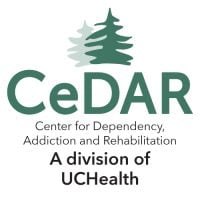

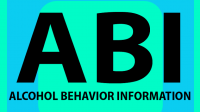
The facility name, logo and brand are the property and registered trademarks of University of Colorado Hospital Authority, and are being used for identification and informational purposes only. Use of these names, logos and brands shall not imply endorsement. RehabNow.org is not affiliated with or sponsored by University of Colorado Hospital Authority.


